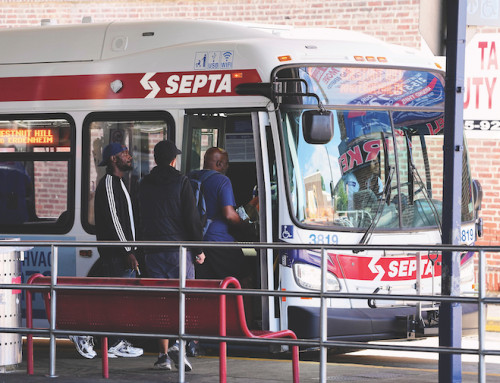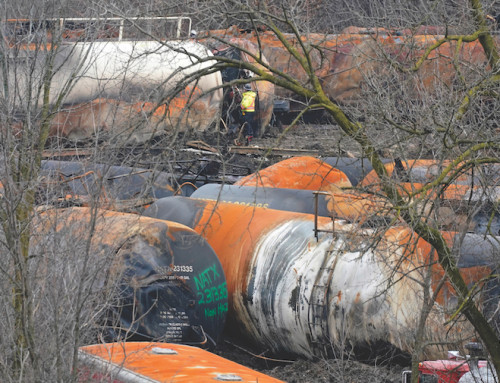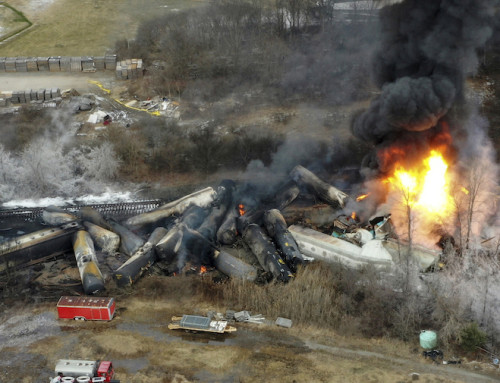OMAHA, Neb. (AP) — The prospects for additional consolidation in the rail industry derailed this week when both of CSX’s potential partners said they weren’t interested in a deal.
Investors had speculated that CSX would be an acquisition target once rumors of merger talks between Union Pacific and Norfolk Southern emerged over the summer because of the challenge of competing against a nationwide railroad operator.
CSX’s stock nearly hit a new 52-week high last week at $37.25 before falling to $32.31 Tuesday after it became clear that neither BNSF nor CPKC railroads is pursuing the Jacksonville, Fla.-based railroad firm, one of the six remaining major freight railroad companies in North America.
The Union Pacific-Norfolk Southern deal still faces a lengthy review by the U.S. Surface Transportation Board that is likely to stretch on for at least two years.
When Canadian Pacific acquired Kansas City Southern two years ago in the first major rail merger in more than two decades the board also spent two years reviewing that deal.
If the $85 billion megamerger of Union Pacific and Norfolk Southern does get approved that might change the calculus about whether a deal makes sense. In the meantime, CSX and the other major freight railroad operators seem focused on finding ways to cooperate more to improve service without merging.
Just last week, CSX and BNSF announced an agreement to deliver some shipments seamlessly coast-to-coast without handing them off. Last month, CPKC and CSX announced a similar agreement to streamline shipments between Mexico, Texas and the Southeast.
CPKC CEO Keith Creel said he thinks the industry should be more focused on agreements such as that and efforts to improve service on each individual railroad company.
“We believe that a transcontinental merger would trigger permanent restructuring of the industry and result in a disproportionately large railway whose size and scope would require others to take action,” Creel said. “This will likely result in an unnecessary wave of railway mergers that today is not the best way to support American businesses nor the public interest, and has the potential to create more issues than it solves.”
Indeed, the Surface Transportation Board adopted a high standard for rail mergers in 2001 after a series of prolonged disruptions and delayed shipments that followed major deals in the 1990s.
A merger between Union Pacific and Southern Pacific in 1996 led to an extended period of snarled traffic on rails. Three years later, Conrail was divvied up by Norfolk Southern and CSX, creating serious backups in the East.









